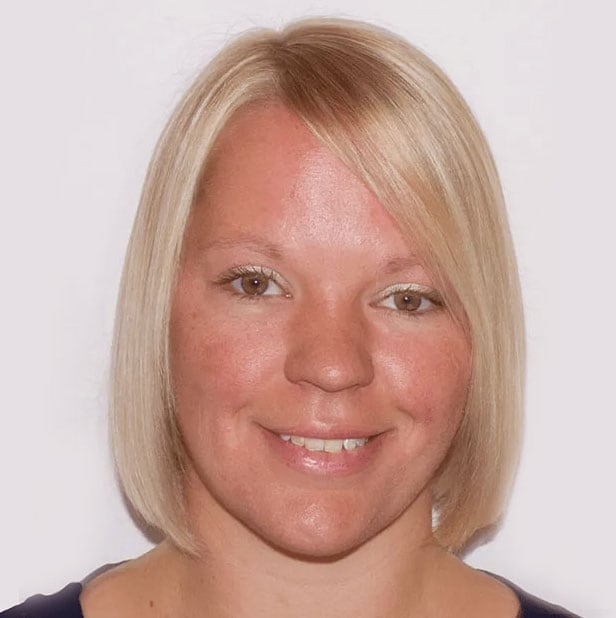View from the Ground, by Vicky Ruszala
Education: a simple device to improve knowledge. With knowledge comes competence, and with competence comes confidence—right? This principle has rarely been challenged in all my years of teaching and system improvement. Whenever we try to implement change, education is at the forefront, bringing everyone to the same level and ensuring that everyone can do what we ask. But is simply telling people what they should know enough?
In March 2022, Bristol, North Somerset and South Gloucester Integrated Care Board embarked on a redesign of its heart failure (HF) services.1 Primary care had become deskilled and marginalised in the care of patients with HF in this locality; with rising numbers of patients and falling numbers of specialists, we needed to establish a baseline of care. We aimed to create a structure similar to a model used in diabetes to strengthen the relationship between primary and specialist care and remove barriers to excellence.2
Experience had taught us that, in the high-pressure system in which we currently operate, teaching alone would be insufficient. We established a programme to encourage participants to identify their own learning needs, develop new practices, and leave with confidence. This initiative was inspired by a seemingly unrelated book about submarines—Turn the ship around! by David Marquet3 focuses on intent-based leadership, in which leaders do not require top-down management or blindly follow prewritten rules.
It is a fascinating read that reflects the culture in the NHS and explains the struggle to reallocate responsibilities or share care. A few key messages really resonate: instead of teaching others everything we know and expecting them to use the information perfectly, we should empower them to take responsibility within their locality and make the right decisions. This way, we will develop their skills and confidence, and generate professionals that can learn, lead, and decide independently.
Soar Beyond developed the SMART Platform4 to enable accelerated workforce development and personal reflection on current practices. It was the ideal tool to deliver our project aims with structure, standardisation, and visibility, and it allowed us to develop the programme in an incredibly short timeframe. In just 2 months, we applied the British Society for Heart Failure competency frameworks5 to determine the skillsets needed, wrote four educational workshops, and established the mentoring programme. We recruited 30 primary care pharmacists and nurses, and were ready to begin.
Reflective learning is hard. People are used to being told what they should know and how they should learn it, but we rarely give context to this—why should these things be understood, how could they prove useful, and in what situations might decisions need to be made? In the Marquet leadership model, control rests with the learners and the practitioners—they must say what they need and is relevant to their situation.3 It is uncomfortable for specialists to release that control and for learners to demand it. The SMART Platform facilitated this interaction; using the Circle of Competence tool, participants identified gaps in their knowledge, and started planning what would benefit their practice.
Face-to-face workshops were essential for building relationships between specialist mentors and participants. These digital workshops allowed regular teaching to fit around work, and maximised contact between mentors and participants. Mentors facilitated enhanced activities, such as inpatient ward rounds and shadowing in specialist clinics, so that participants could put their new knowledge into practice. By the end of the programme, participants’ confidence had grown, and every person felt ready to put their knowledge into practice. The final mentor meeting provided assessments of skills, using validated tools such as case-based discussions and directly observed practice, that participants could add to their portfolios.
After 6 months, the practitioners felt competent and confident enough to manage HF independently. Fifteen of the 30 started independent HF medicine review clinics, increasing the number of patients receiving proactive review and reducing referrals. The other 15 are in the process of setting clinics up or changing their practice to improve patient care. No oversight, input, or advice from specialty teams was required, yet 30 new HF leaders took centre stage to demonstrate their competence and confidence—I’d call that a success. Ultimately, it is the patients who will benefit most from these changes, with better care delivered closer to home.


